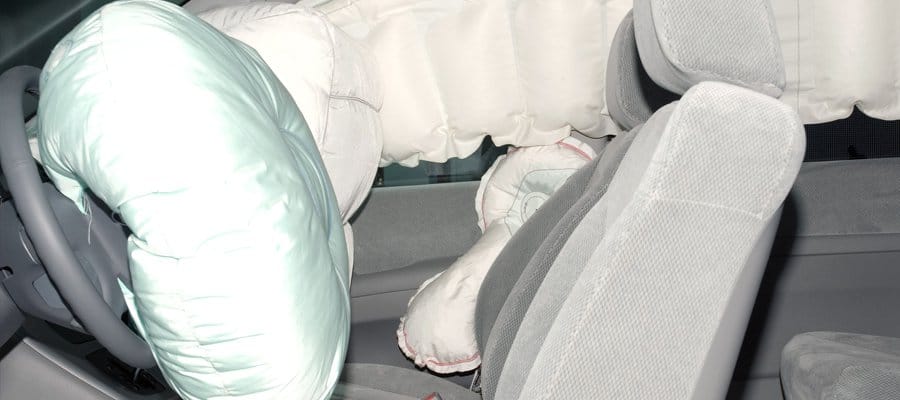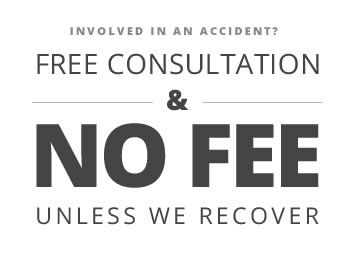An auto accident in Maryland in January of 2019 has led some automakers to further expand a vehicle recall related to defective airbags that first drew scrutiny back in 2008. According to a March 12, 2019 article in the Washington Post, the crash injured the driver of a 2004 Honda minivan. As a result, another 1.1 million vehicles were added to the Takata airbag recall list of 41 million vehicles and growing – the largest safety recall in U.S. history.
The latest development in the airbag recall is disturbing, but the news has also led to confusion among consumers about their rights. A Maryland defective products liability lawyer can answer your questions, but you should note some important information about the recently expanded Takata airbags recall.
Details on the Recall of defective airbags
The basis of the Takata airbag recall is the ammonium nitrate used to deploy the device in a crash. This chemical is intended to trigger a small explosion and inflate the airbag; in some vehicles, especially those exposed to high heat and humidity, the ammonium nitrate burns off too quickly. The intense pressure could cause a violent explosion, spraying metal shrapnel over drivers and passengers. The defect is blamed for 23 deaths and multiple injuries so far.
After the recent Maryland crash, Honda recalled several models for free replacement to the Takata airbag inflator – some of which may have already been repaired or replaced. The vehicles include the 2003-2007 Honda Pilot, 2001-2005 Civic, and Accords manufactured from 2001-2007 and 2009.
Your Rights as a Victim Injured by a Defective airbags Products
There is a common misconception that victims are automatically entitled to recover compensation if they are hurt by a recalled product. When pursuing compensation for your injuries, having information about a recall may be useful, you still need to prove certain facts to receive monetary damages. There are multiple theories of liability for defective products, including:
- Breach of express warranty, such as when a product fails to perform in the way it was marketed;
- Breach of implied warranty, where certain promises about the product’s suitability are inherent; and,
- Negligence, in which the manufacturer or other responsible party was careless in putting the product in the hands of consumers.
However, the most common type of action for a defective product is based upon strict liability. There is no requirement for you to show fault, but you must prove that:
- The product was unreasonably dangerous due to a defect;
- The manufacturer, retailer, shipper or other responsible party intended that the product reach you without any changes along the route to the store; and,
- You were injured because of the defective product.
Talk to an Experienced Maryland Personal Injury Attorney
If you were injured by a defective product, you may be able to recover compensation for your medical bills, lost wages, pain, scarring, and many other types of losses. Still, products liability claims can be complicated, especially when you are up against huge manufacturing corporations with large legal defense budgets. You can trust an experienced attorney to fight for your rights, so please contact attorney Michael A. Freedman today to set up a consultation regarding your claim.



